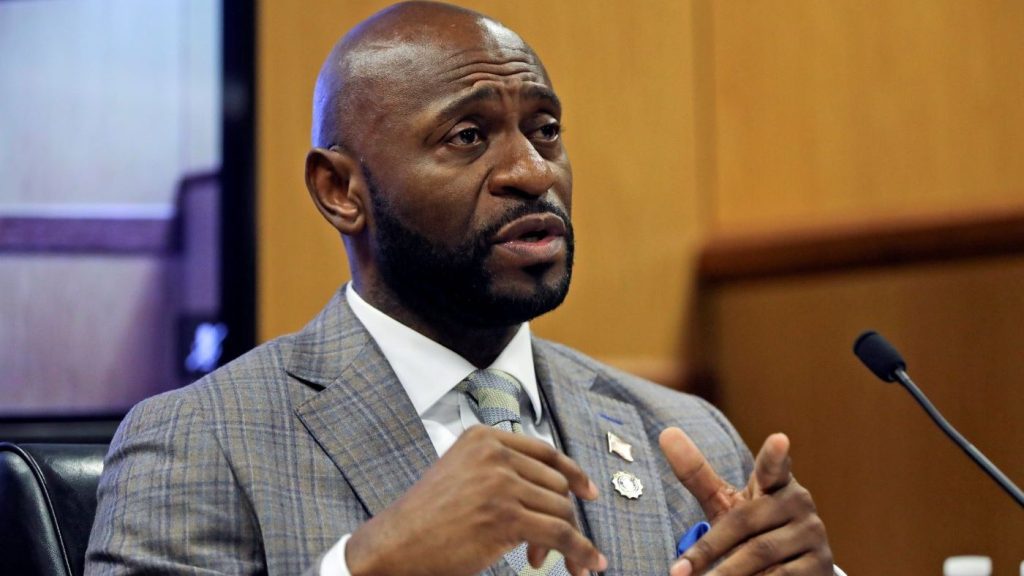Nathan Wade, who was a special prosecutor in Fulton County, Georgia, involved in the election fraud case against former President Trump, characterized his romantic relationship with District Attorney Fani Willis as being very typical of American culture.
In his first in-depth interview since stepping down from the high-profile case, Wade told told ABC News’s Linsey Davis that he wished the relationship hadn't become a focus of the case, but he insisted that it didn't harm the case itself.
During an interview that aired Monday on ABC News’s “Good Morning America,” Wade remarked, “Romantic relationships at the workplace are quite common in the U.S. It happens to everyone, including us. But that's just how things unfolded.”
“You don’t plan to develop feelings. You don’t plan to fall in love. You don’t plan to have some relationship in the workplace. You don’t set out to do that. Those things develop organically. They develop over time. And the minute we had that sobering moment, we just continued,” he said.
When asked if he regrets the relationship, Wade said: “I regret that my private life became the main focus of this crucial prosecution. This is a very important case, and I'm upset that my personal life has started to overshadow the real issues in the case.”
“My private life has nothing to do with the merits of that prosecution,” he later added, saying “not at all” when asked if he thinks he’s done any kind of damage to the case.
A Georgia judge made a ruling in March which stated that the relationship between Willis and Wade created a “significant appearance of impropriety that infects the current structure of the prosecution team” and said Willis could remain on the case, only if Wade left.
The ruling created a pathway for Willis to still prosecute the historic election interference case, in which she indicted Trump and his allies on racketeering and other charges, contending they entered a months-long criminal conspiracy to overturn Joe Biden’s 2020 victory in the state.
“While I will concede, Ms. Davis, that the relationship did not happen in ideal timing. I don’t think that anything that occurred during the course of the relationship should cause question as it would relate to the sufficiency of the indictment, as it would relate to any of the evidence that was uncovered and may or may not be presented at trial,” he said.









